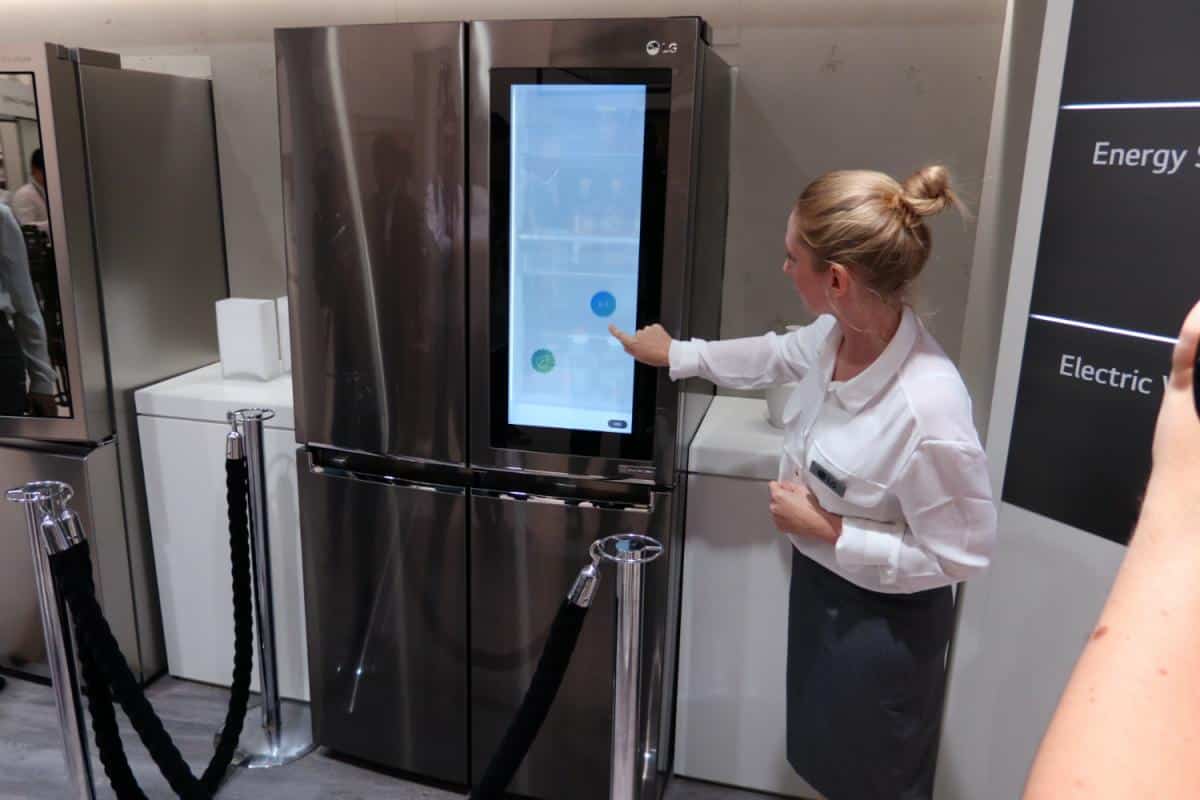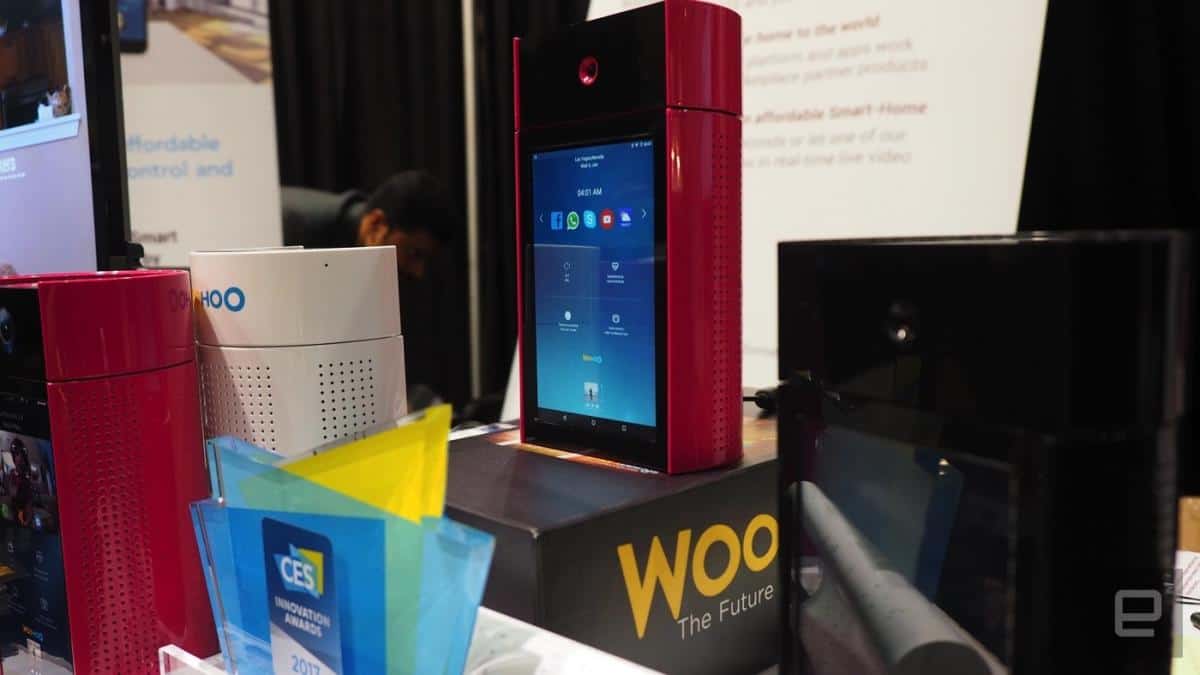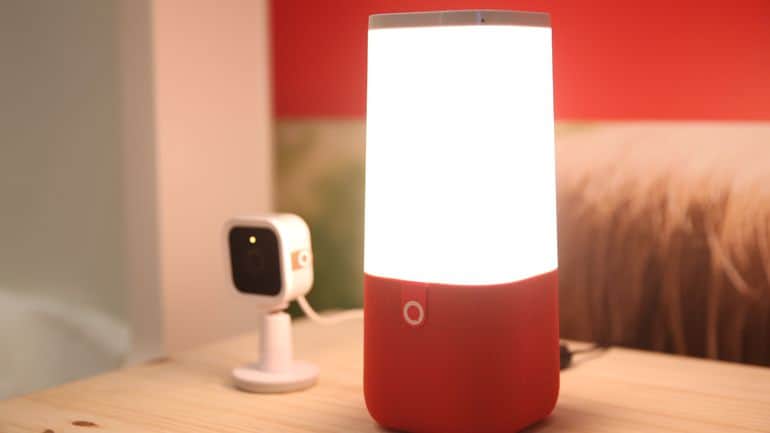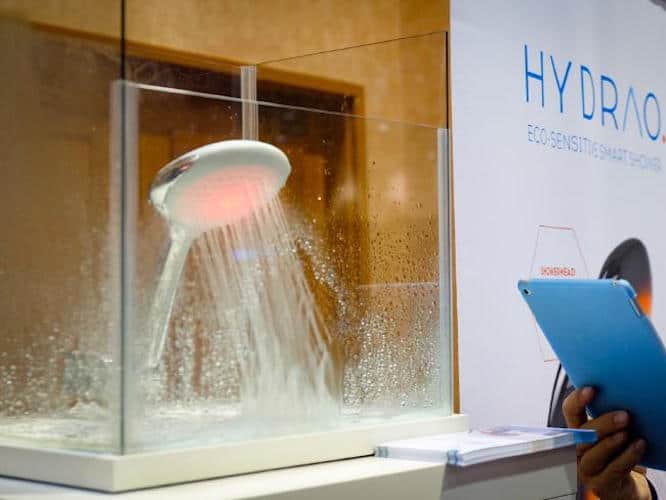You’re about to get lazier at home with the Internet of Things (and more cautious).
Are you scratching your head wondering what the heck is Internet of Things (IoT)? Simply put, it’s a concept in which devices are fitted with WI-FI capabilities and embedded sensors, and therefore can be interconnected via internet.
Think beyond mobile phones, computers and laptops. We’re talking about any electrical objects, and at home, this would include coffee machines, washing machines, rice cookers etc.
Imagine washing machines that can wash, dry and fold clothes, or fridges that order your monthly supplies and more.
Yup, talk about laziness convenience!
The Race For Smart Homes
So you have consumer electronic manufacturers and tech/e-commerce giants around the world clamoring to create IoT devices and machines. Samsung, LG and Bosch are just some big names that paddled their creations at the recent Consumer Electronics Show (CES) 2017 at Las Vegas, along with Google and Amazon.
But the big boys are not the only ones having fun. Other industries are also quick to cash in on IoT. L’oreal showcased a smart hair brush that alerts you if you’re brushing your hair too hard, and bed manufacturer Sleep Number unveiled a smart bed that adjusts to your sleeping position and has foot warmers installed.
Here are some other interesting IoT home products displayed at CES 2017.
1. WooHoo’s Smart Assistant
Last year Amazon launched Echo, a voice-assisted smart speaker, using its own intelligent voice personal assistant software called Alexa. Since then, many other companies have adopted Alexa, including Google.
This year, more of such speakers have emerged. These speakers enable you to control a number of devices at home such as your TV, coffee machines, computers etc.
However, WooHoo goes a step further by incorporating a touchscreen panel, facial recognition for added security and 360 degrees camera for greater monitoring.
2. LG’s Smart InstaView Refrigerator

Source
This fridge has a 29-inches touchscreen panel that lets you track groceries and their expiration dates. It’s also fitted with Alexa, so you can order your groceries and make to-do lists with voice commands.
3. Mattel’s Aristotle
The company famous for Barbie has developed an ‘Amazon Echo’ for babies and toddlers. This device helps parents order diapers from selected retailers when you run out, soothes babies back to sleep and even play simple games with your kids.
4. Hydrao First
A smart, Bluetooth-enabled showerhead with LED lights that alerts you to take shorter showers, so you get to save water and energy bills.
The Flip Side To Greater Connectivity
The idea of a smart home is certainly compelling. However, there are some concerns that we should be aware of.
1. Security Threat
Cyber space is vulnerable to hacks and viruses; if government websites can be attacked, so can your IoT home devices. Maintaining cyber security, such as using anti-virus softwares or installing patches, will be one of your top priorities and you can’t be lazy about it.
2. Increased Expenses
These devices don’t come cheap. If you’re looking to own a smart speaker like Amazon Echo, you have to make sure your other home devices can be synced. This could mean buying new products.

Also, since most of IoT devices come with mobile apps to manage settings, it can be quite a hassle to keep track of different apps. You might want to outfit your home with products from the same manufacturer e.g. Samsung, which means you still end up spending more.
3. Inflation of Property Prices
ECs and condos are mushrooming everywhere. With IoT devices expected to become a norm in the next few years, developers are already racing to create smart homes, and this will only inflate property prices further.
The average income earners will continue to lose out, since only the rich (locals and foreigners) can afford them.
4. Higher Dependence on Smartphones
As most of these IoT devices rely on apps for settings and commands, you’ll be relying on your smartphone even more than ever.
Which means the loss of your smartphone will create problems and inconvenience for you. Also, your privacy is at risk since your phone will contain a lot of valuable home data.
What’s Next
Regardless of the concerns above, it looks like IoT will be here to stay. It may take a few more years for people to adapt the technology but the progress is inevitable.
Homes will not be the only place affected by the rise of IoT; once there is success on this level, IoT will soon find its way to offices, retailers, restaurants, airlines and other commercial and industrial venues.






















